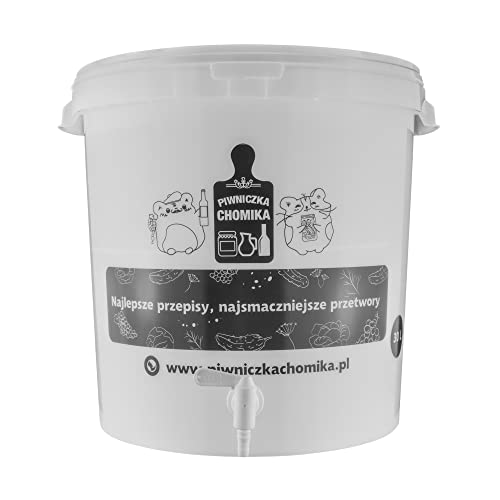peebee
Out of Control
Ha! You'd think so wouldn't you. But our own scientific community wont let go of their 60F (16C, or 15.56C) calibrated hydrometers despite "standards" suggesting they should use a 4C standard (for the "reference" water sample - it gets complicated!). But brewing in the UK should be using 20C calibration (and 20C for the reference).…
They are both labelled with a calibration temperature of 60 degF, so they probably originated in the USA …
Want to know more? And an alternative to fragile hydrometers, or refractometers and their inconvenient scales drawn up for sucrose solutions: How accurate is your hydrometer?!!












![BREWING THERMOMETER STICKERS ACCURATELY MONITOR FERMENTING BEER & WINE LIQUID TEMPERATURES 5PCS HOME BREW SPIRITS WINE LCD ADHESIVE [US]](https://m.media-amazon.com/images/I/311DDjo2X3L._SL500_.jpg)


























